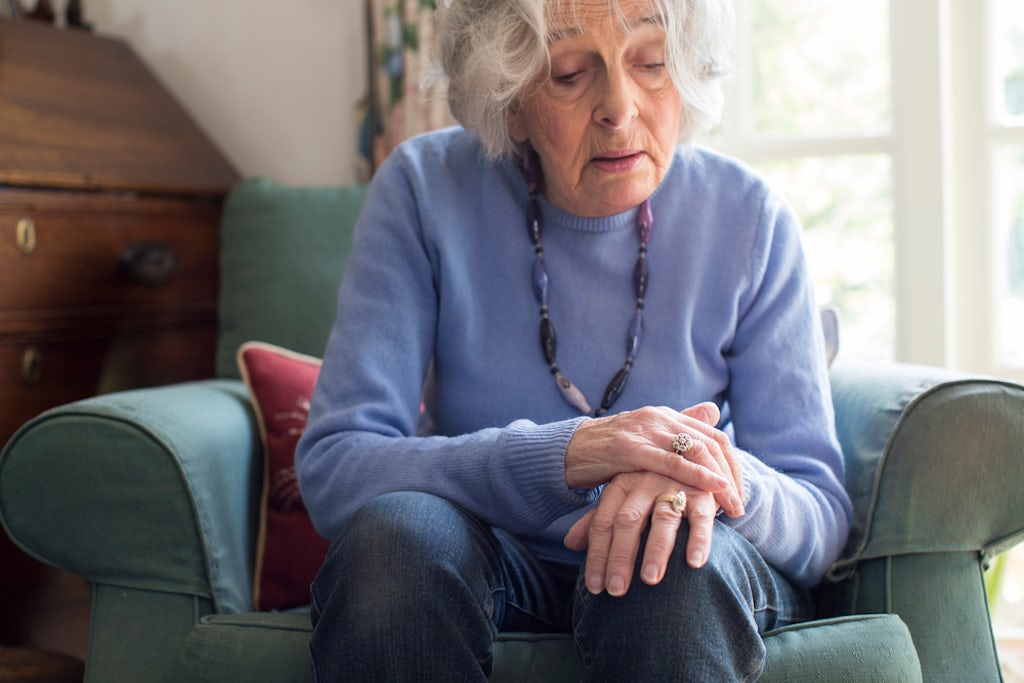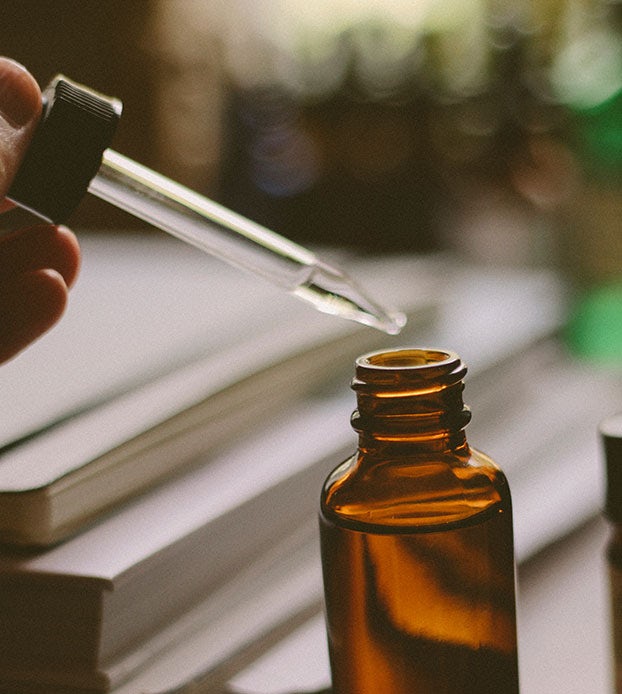The majority of people with Parkinson’s disease in the United States have not used cannabis to treat their symptoms due to a lack of scientific evidence about its effectiveness. Of those who have used cannabis, most did not receive a recommendation from a doctor or instructions on how to use it, according to the findings of a recent study.
Published in Nature Partner Journals and sponsored by the Parkinson’s Foundation, the study found that nearly 25% of Parkinson’s patients had used cannabis in the past six months, but that one in four of that group did not know what type or form of cannabis they used, and nearly half did not know their dosage.
Taken together, the lack of guidance and lack of information about what treatments patients are taking, may underlie “inconsistencies in both use and reported effectiveness,” the researchers stated.
Here are the most interesting statistics from the survey.
Where do Parkinson’s patients get information about cannabis?
Of the respondents who used cannabis:
- 64% said they had not received a recommendation from a healthcare provider
- 56% had received no information or recommendations about using cannabis.
Of the 43.9% who did receive some guidance
- 22% received it from dispensary staff
- 22% from friends
- 25% from a doctor.
Why don’t more patients try cannabis?
Of those who have not used cannabis:
- 60% cited a lack of scientific evidence of its efficacy
- 35% said the the fear of side effects was their main concern
- 14% cited stigma toward cannabis
- 7% said they were dismayed by concerns about legality
What would be a decisive factor if they were to try medical cannabis?:
- 76% want more evidence supporting cannabis use for Parkinson’s
- 55% would want a recommendation from their health care provider
- 35% said a better understanding of side effects would be of greatest relevance
How does cannabis help Parkinson’s patients?
- 41% said cannabis somewhat addressed motor symptoms (43% for stiffness and 42% for tremors)
- 43% said cannabis somewhat addressed non-motor symptoms (46% for anxiety, 44% for sleep disorders, 44% for pain)
Those who use high THC products were 7.43 times more likely to report side effects than those who use high or pure CBD products.
An overwhelming 84.7% said that cannabis use had no impact on prescription medication usage, and 89% said they had not thought that cannabis would replace their prescription medications for Parkinson’s Disease.
The study was compiled by way of an anonymous email survey sent to 7,607 people with Parkinson’s disease in January 2020.
The researchers received 1,339 responses from people in 49 states, with a mean age of 71 years. Altogether, 24.5% of respondents said that they had used cannabis in the previous six months, and those who used cannabis were more likely to report that prescription medications provided insufficient control of their non-motor symptoms.

The survey found that nearly a quarter of the cannabis users had stopped using cannabis in the previous six months. Asked why, 35.5% of that group said it was because cannabis did not improve their symptoms.
“If cannabis is intended to be used as a medicinal or CAIM (complementary and integrative medicine) treatment for PD, formal recommendations are needed to fill the current knowledge gap around cannabis type, dosage, and efficacy,” the researchers wrote.
“Any future research or clinical trials targeting the efficacy of cannabis should clearly define these recommendations for use and prioritize the communication of such recommendations to enrolled participants,” they added.
Many of the plant-based cannabinoids in cannabis show potential in treating nervous system disorders, including Parkinson’s Disease, by way of how they interact with the receptors of the body’s endocannabinoid system.
A survey carried out in 2018 found that 46% of respondents experienced mild to substantial improvement of symptoms, while a much more recent survey carried out in Germany earlier this year found that 54% of PD patients who used cannabis said it had a beneficial clinical effect on their condition.
Sign up for bi-weekly updates, packed full of cannabis education, recipes, and tips. Your inbox will love it.

 Shop
Shop Support
Support
















